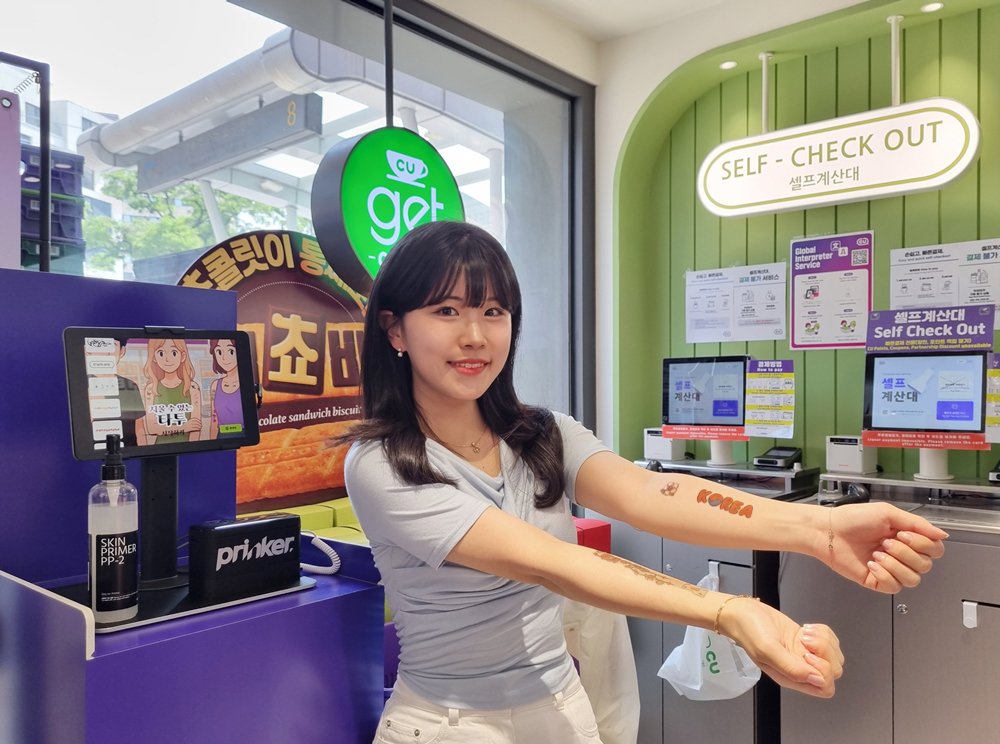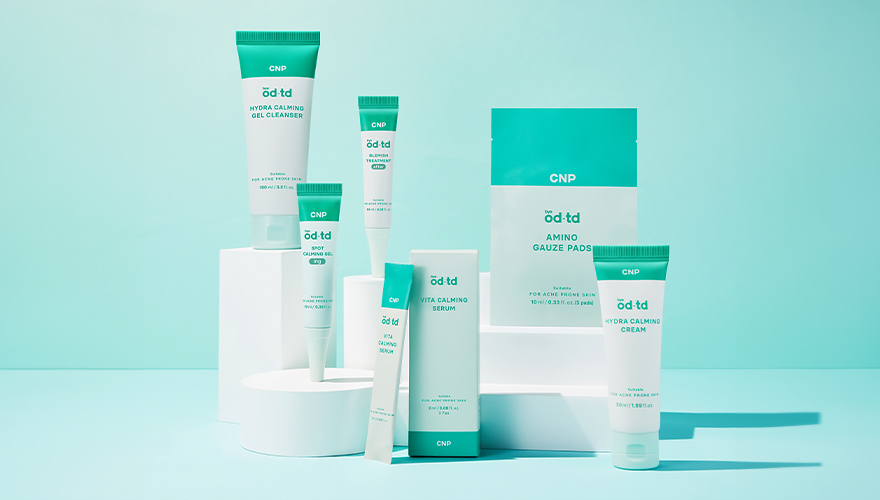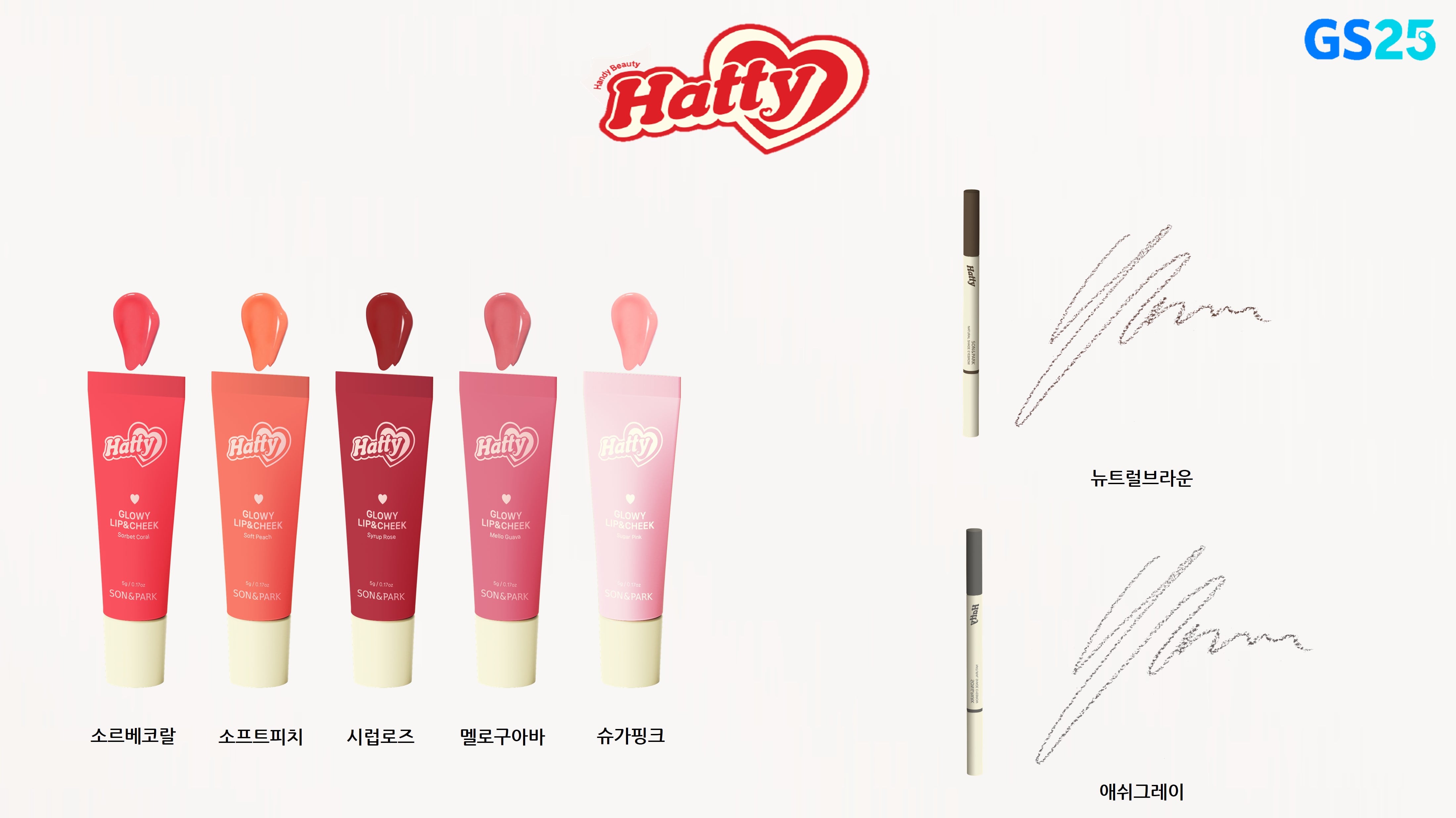Claimed to be a first in the industry, the tattoo kiosk is part of CU’s strategic moves to roll out “never before seen” services surpassing the scope of conventional convenience stores.
The BGF Retail-owned chain aims to position its stores beyond a basic product purchasing channel to become an “experiential platform for everyday life”.
“CU’s tattoo kiosk reflects the self-beauty trend that emphasises expressing one’s individuality, and is a glimpse into the evolution of convenience store services. CU will continue to diversify the role of convenience stores by introducing services tailored to customer needs,” said Minji Choi, head of BGF Retail’s Service Platform Team.
There are over 100 designs, including texts and images, available for selection at the kiosk.
The machine functions in four languages, namely Korean, English, Chinese and Japanese. Korean-inspired motifs, such as palaces, tiger and lucky bag, have also been added to target foreign consumers.
After a design is selected, it can be printed an unlimited number of times in 2 minutes and an instruction manual will appear on the screen — the user just needs to apply the tattoo fixer onto their skin and lightly roll the device to complete the “printing” within a few seconds.
According to CU, the cosmetic pigment ink used is compliant with the Ministry of Food and Drug Safety (MFDS)’s regulations and lasts for about two days. It can be cleaned by washing with soap.
The first two tattoo kiosks were installed at CU Myeongdong Station and CU T2 Incheon Airport 3 on June 10.
To mark the launch, CU is offering a 25% discount on the regular price of KRW4,000 (USD3.75) until the end of July.
Going forward, the company plans to introduce the kiosk at other stores with high foot traffic, including KTX train stations, amusement parks such as Everland, and beaches and resorts.
Booming body art
In South Korea, tattoos have a complex and evolving cultural significance. While it is not illegal to have a tattoo, the law requires tattoos to be done only by licensed medical professionals.
Historically, tattoos were associated with punishment during the Joseon Dynasty and later with gang affiliations.
The stigma has led to Koreans getting inked at body parts that can be hidden. Celebrities have to cover up their tattoos on public broadcasts, and it wasn’t until recently that men with tattoos were excluded from active military duty.
However, there has been a notable shift in perception, particularly among younger generations, who are increasingly considering tattoos as a form of self-expression, fashion, and art.
This has sparked tattoo artists in the country to actively campaign for regulatory changes.
At the same time, modern tattoo artists are moving away from traditional images of bravery or ferocity, such as dragons.
Instead, they are focusing on “artistic and minimalist” designs, including those inspired by Korean alphabet and ornaments, with more people looking for personalised patterns.
Companies like LG Household & Health Care (LG H&H) have also recognised the growing trend of young people expressing themselves through body art.
Since the 2022 launch of its beauty tech brand and device Imprintu, which is a portable tool that lets users select their desired design from a mobile app and print it onto their skin or clothing of suitable material, LG H&H has been expanding its reach across South East Asia and North America.





